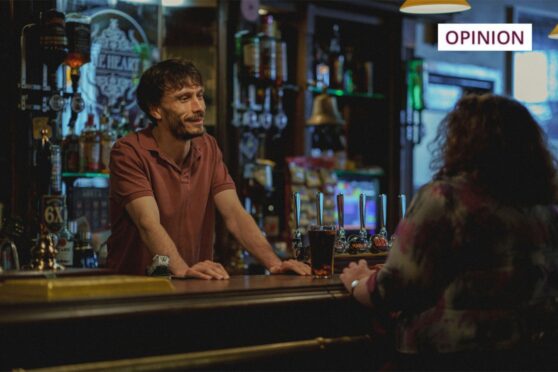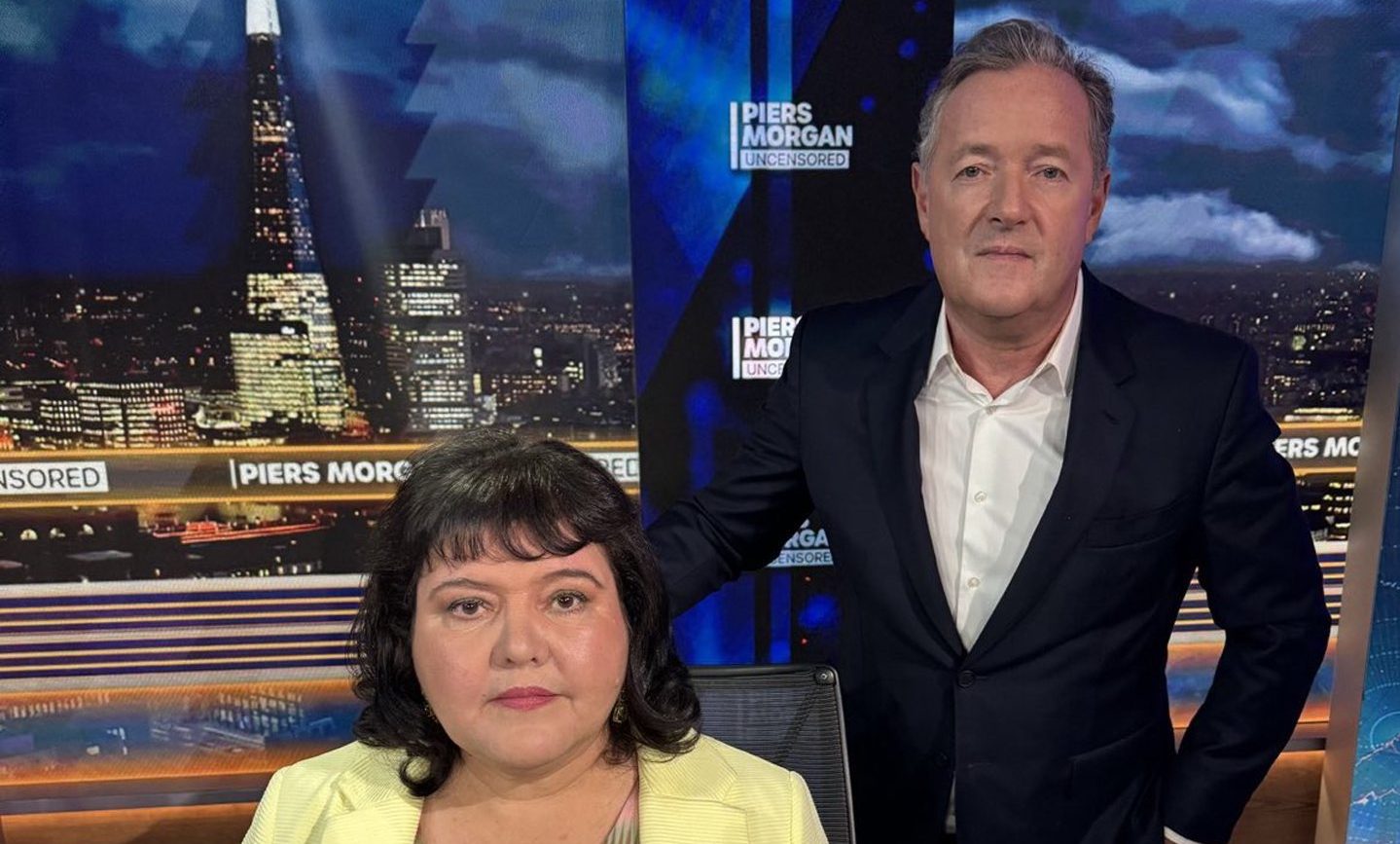There are social media accounts dedicated to lip-reading private conversations between celebrities at events.
Through the terrifying power of online community sleuthing, cheating boyfriends are named and identified; long-lost family members are reunited and the timeframe between misbehaving in public or online, and having your employer notified about it, grows ever shorter.
The internet has turned us into a nation of amateur detectives.
So of course it didn’t matter that the real-life Martha character central to the Netflix series Baby Reindeer wasn’t named.
Within days of the hit show’s release, the internet had found her.
Experiences of Richard Gadd
The show is based on the real-life experiences of Fife comedian Richard Gadd.
In it, we see him being bombarded with thousands of emails and hundreds of hours of voice notes during a stalking campaign which had a devastating impact on his emotional wellbeing.
It’s as raw and unflinching as only something based on real life can be.
Fiona Harvey, the woman who the stalker character is based on, is now pursuing legal action against Netflix after a US judge ruled that her defamation case can go ahead.
In the suit, Netflix is accused of defamation and the intentional infliction of emotional distress.
Netflix has appealed the decision but lawyers for Ms Harvey told The Courier that if they do win the case, it would be possible to also personally sue Gadd as the show’s creator.
“We have to deal with the appeal and get ready for what will be a trial.
“But it is certainly one of our options – and we are always considering all of our options,” he said.
Instagram plea
This case raises serious questions about how the streaming giants approach safeguarding.
Given the reprehensible behaviour we saw depicted in the show from the stalker Martha, it was always inevitable that a show billed as a true story would have real-life implications for the ‘villain’ of the piece.
It was something that Gadd was clearly aware of.
At the height of the show’s popularity, he took to Instagram to plead with fans to stop trying to uncover the real identities of the people involved.
He was also said to be wary of the ‘true story’ label Netflix introduced in the first episode.
In different ways, both Gadd and Harvey have been let down by Netflix.
It appears the streaming giant wanted to have it both ways.
They knew that a drama based on real-life events would be a huge draw for viewers.
They exploited that, but didn’t take the time to address the safeguarding and fact-checking responsibilities that come with making a television programme about real people.
It doesn’t matter whether the person affected is a saint or a sinner, either.
You can have huge sympathy for the ordeal Richard Gadd went through and respect his right to share his story, while recognising that Netflix has serious questions to answer about how it handled the hit show’s production and release.
They didn’t do nearly enough to protect Fiona Harvey’s identity, and they didn’t have a plan in place to deal with the fallout when her identity was discovered.
Accountability
Netflix isn’t answerable to the broadcast regulator Ofcom in the way that UK TV and radio services are.
It’s about time it was. There is no such thing as passive consumption of media anymore.
Whether it’s news, or true-crime, or a hit drama based on real life events, online communities always want to delve deeper.
Streaming services earn huge amounts of money from that engagement.
They should be answerable when things go wrong, too.













Conversation